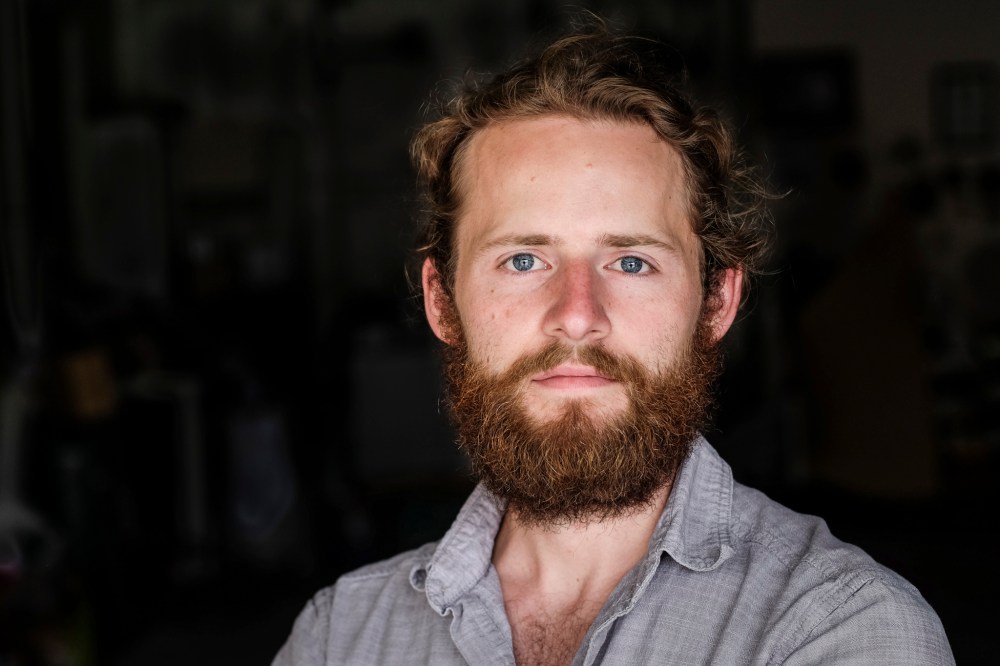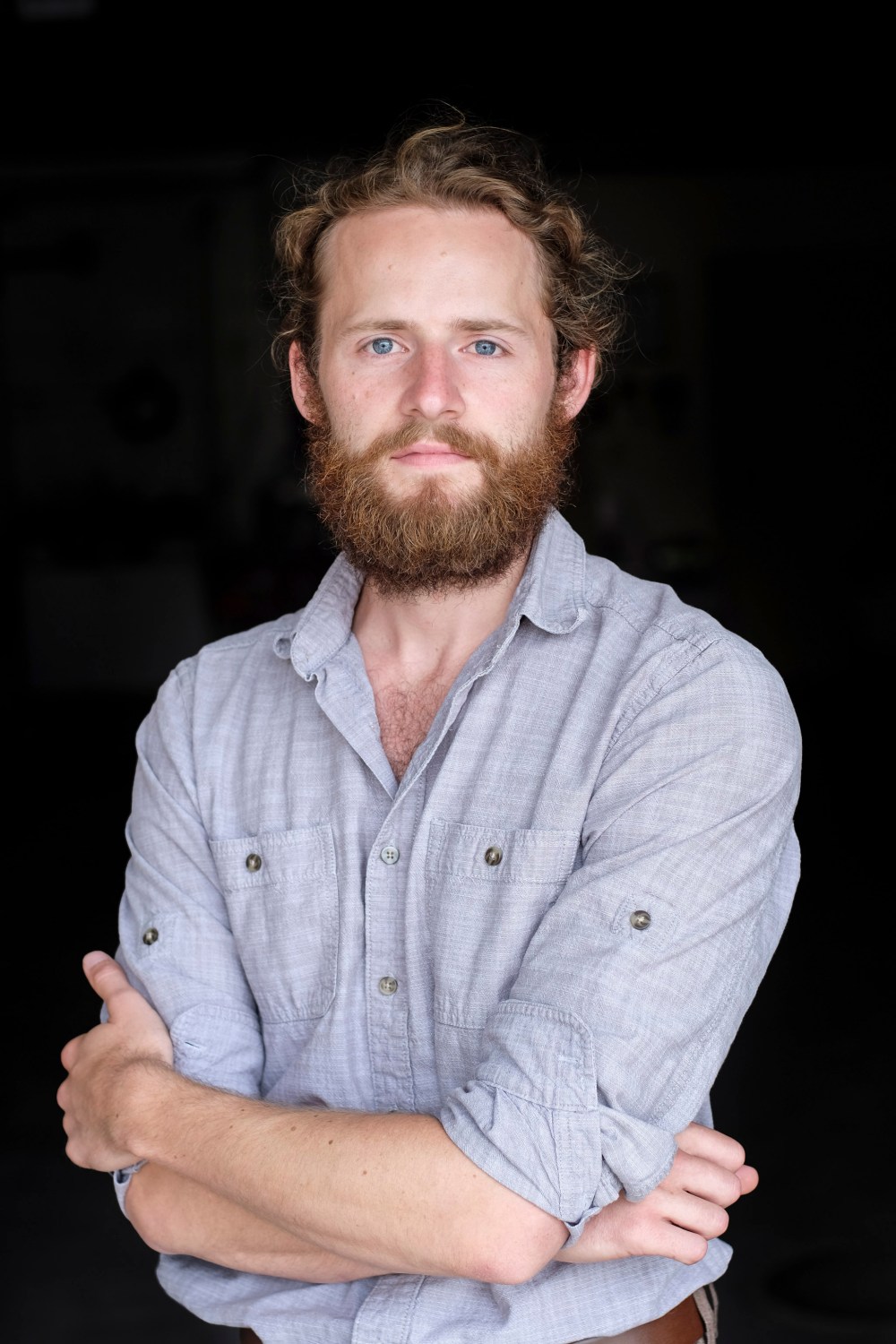It wasn’t enough to only be a witness
Advertisement
Read this article for free:
or
Already have an account? Log in here »
To continue reading, please subscribe:
Monthly Digital Subscription
$1 per week for 24 weeks*
- Enjoy unlimited reading on winnipegfreepress.com
- Read the E-Edition, our digital replica newspaper
- Access News Break, our award-winning app
- Play interactive puzzles
*Billed as $4.00 plus GST every four weeks. After 24 weeks, price increases to the regular rate of $19.00 plus GST every four weeks. Offer available to new and qualified returning subscribers only. Cancel any time.
Monthly Digital Subscription
$4.75/week*
- Enjoy unlimited reading on winnipegfreepress.com
- Read the E-Edition, our digital replica newspaper
- Access News Break, our award-winning app
- Play interactive puzzles
*Billed as $19 plus GST every four weeks. Cancel any time.
To continue reading, please subscribe:
Add Free Press access to your Brandon Sun subscription for only an additional
$1 for the first 4 weeks*
*Your next subscription payment will increase by $1.00 and you will be charged $16.99 plus GST for four weeks. After four weeks, your payment will increase to $23.99 plus GST every four weeks.
Read unlimited articles for free today:
or
Already have an account? Log in here »
Hey there, time traveller!
This article was published 04/09/2014 (4058 days ago), so information in it may no longer be current.
A few weeks ago I met with and photographed Colin Vandenberg, who had just finished challenging himself to eating only about $1 worth of food each day for a month. The effort arose from his trip to Malawi, a country in Africa, and his volunteer work for New Life Centre documenting life there.
I briefly talked to him about some of the challenges he experienced there and back at home during his month-long food awareness challenge.
When you were overseas helping New Life Centre as a photographer shooting photo stories, was there a point at which you felt that what you were doing was really going to make a difference?

“I always hope and I felt strongly about my role as a witness. Someone who might be able to amplify the voices of individuals whose stories aren’t necessarily known by others. It’s always my hope that it’s enough to be a witness, to share those stories. It is always my hope that that would result in further action from other people who might hear those stories.”
“With this trip to Malawi there was a strong sense that it wasn’t enough to only be a witness, that it was important to also have a response, my own personal response. Beyond just being a photographer telling stories. I wanted to take part in a positive way in those stories.”
My understanding is that you have challenged yourself to live off of the same amount food that the people you visited live off of.
“Well I think it would be impossible to replicate experience of hunger that the Malawians go through on a daily basis. I chose, ultimately it’s an arbitrary number, I think Malawians earn on average 85 cents per day, but what that money has to go towards is other things as well. They might also have access to crops that don’t cost them any money. So, it’s hard to say, ‘OK, this is me only eating a dollar worth of food a day is the same as a Malawian living on 85 cents in their context.’ So, I knew it would be impossible to replicate it, but the idea was more to take some time to think about my relationship to food and to approach food not just primarily as a source of pleasure, which I think we do a lot in more affluent societies. Food is pleasure, food is something that we enjoy eating and we stop when we are full or when we are concerned about our body image or health. Whereas for Malawians, food is nourishment and survival, and they stop when they run out of food more often than when they are fully satisfied.”
When you were over there what was the hardest part about being a witness?
“I had a moment the first time that I came into the children’s ward in the hospital where I was photographing. An infant who had been at the point of starvation and there was a question on whether or not the child would survive. I feel strongly that in my role as a photographer, in any role that is trying to make a positive change, it’s important for it not to become about your own emotional experience of what you are seeing. It’s important that you play a part and to put that person before you, and so I had this kind of initial reaction internally of feeling really heartbroken seeing this child and not knowing if they would live for the next few days. I had to check that emotion right away and kind of put it aside. It was something that I was able to reflect on later in private and not feel like it was compromising what my position there was.
“Those initial moments when you are startled by something and the impact of it is deeply moving, but feeling strongly that it shouldn’t become about me feeling deeply moved by this child who could potentially die. It still has to be about the child and what the child needs in that moment and what I could possibly offer them. Which in this case was to tell their story in the hope that that would effect change.”

What was the hardest part for you during this challenge, knowing that what you experienced overseas… and back here, having to deal with your hunger?
“There were definitely difficult moments, but I think that all of those difficult moments were tempered by the awareness that I’m still experiencing something so minute compared to what Malawians are experiencing. I was limiting my food intake, but I wasn’t experiencing the psychological impact of being afraid that I wouldn’t have food the next day, or that I would have to choose whether I could feed my children that day or not. I had moments where I felt my stress levels were higher and I knew that part of why they were higher was because I was hungry. So, dealing with day-to-day stuff could be harder, and fatigue, in certain moments. So those moments come up, but immediately my mind goes to, ‘OK, and yet I’m not experiencing this to the extent that the majority of the world experiences this.'”
I’m sure that while you were over there it wasn’t all doom and gloom and sadness. I’m sure that there was happiness there. Most people make the best of their situation. Was there anything in particular that you experienced living with them?
“I spent a few days in a small, rural village and my friend there was my host and he is a few years younger that me, just a very gentle, kind, soft-hearted person. I was always moved, every time we sat down for a meal, he would say a very brief prayer and the sincerity with which he prayed these words, he would say, ‘Dear God, we thank you for this food.’ and it didn’t go much beyond that, but just the impact of those words, the gratitude that he was expressing for something that for them is seen as so essential and not always available. I think that had a strong impact and I felt very moved by that kind of courage to appreciate so little and yet the recognition that it had been provided whatever it was that they did have. They didn’t take if for granted. That was definitely one of the big things.”

Mike Deal started freelancing for the Winnipeg Free Press in 1997. Three years later, he landed a part-time job as a night photo desk editor.
Our newsroom depends on a growing audience of readers to power our journalism. If you are not a paid reader, please consider becoming a subscriber.
Our newsroom depends on its audience of readers to power our journalism. Thank you for your support.


